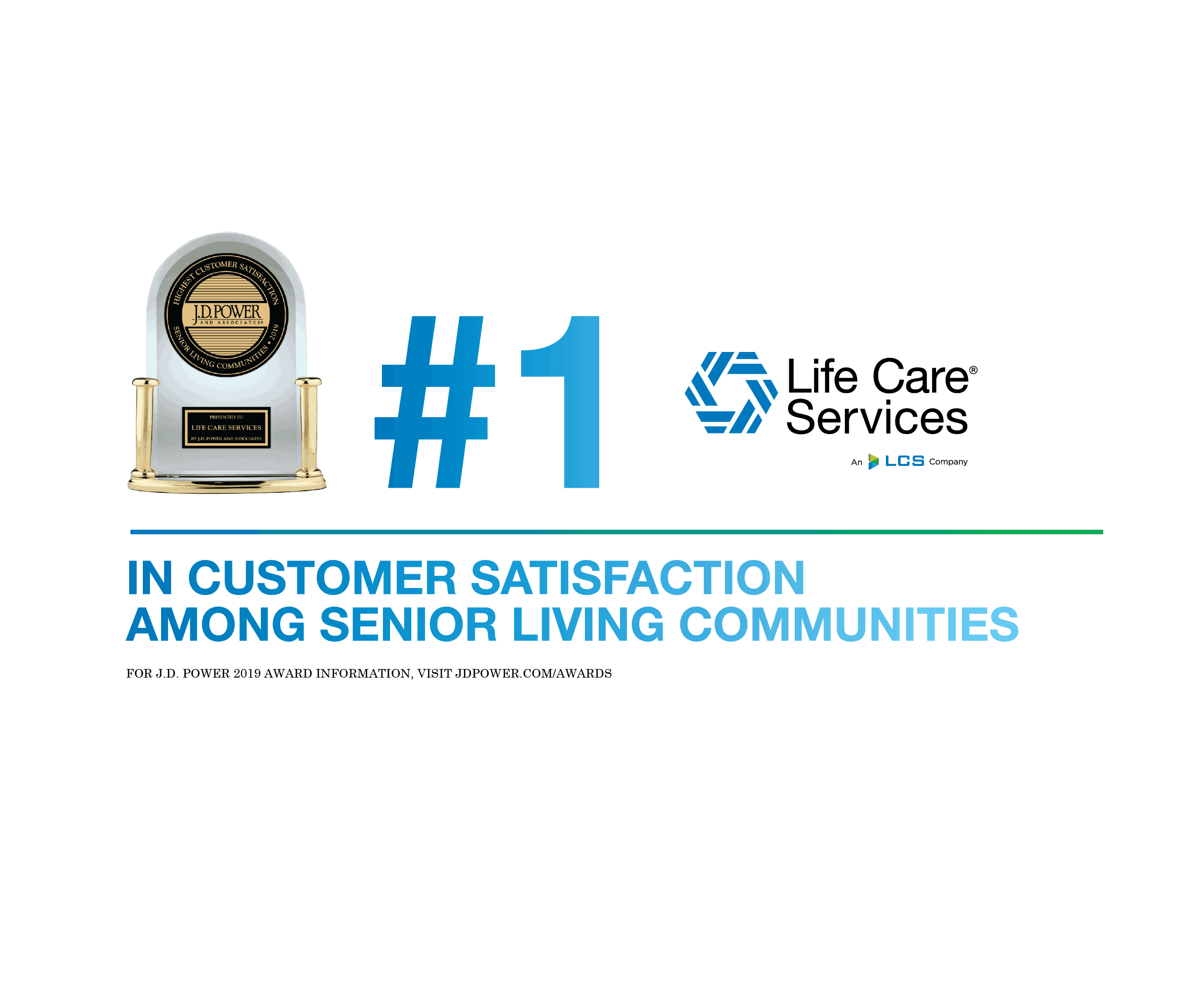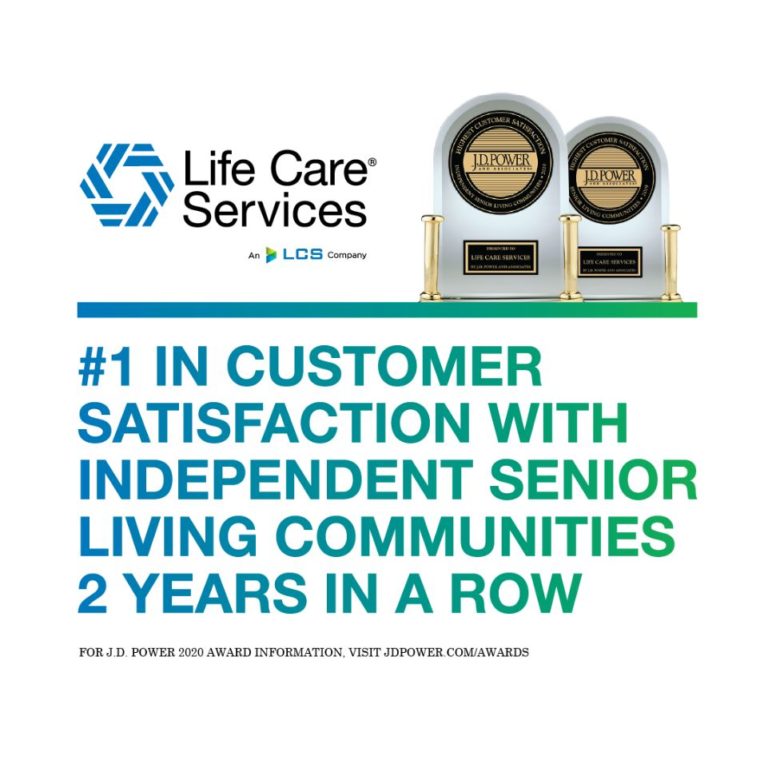6 Signs It’s Time to Seek Memory Care

Alzheimer’s disease and Dementia develop differently in each person. In the beginning, your loved one’s memory related symptoms may be mild and easily managed. However, as his or her condition changes, you’ll need to adjust too. The support and services needed to keep your loved one safe and healthy will likely grow.
Eventually, families start to ask, “Is it time for a memory care community?” To help you know that the timing may be right, consider these six signs that memory care support could benefit your loved one.
Problems with Wandering
For some, Alzheimer’s or dementia leads to confusion and eventually wandering. For instance, has your loved one woken up in the night confused about the time or location? You may find them wandering around the house. Others may face a situation where their loved one goes out but forgets where they are.
When your loved one begins to wander, it can turn into a major safety concern. If you find yourself worrying about wandering and safety, it may be time for memory care. A memory care community offers a secure place for your loved one with 24/7 monitoring.
Troubles with Daily Living
Families may discover that their loved one isn’t taking medications. He or she may struggle with tasks around the house. Similarly, self-care tasks may become too difficult. In some cases, your loved one may also begin to hoard items. All of these can create an unhealthy living situation.
Troubles with daily living can be a sign your loved one needs more help. Memory care can provide a stable, supportive home and take away the stress of daily tasks. Overall, you may find your loved one thrives with a more set routine, medication help, and support for meals and self-care.
Mobility Concerns
The World Health Organization says over 37 million people have a fall that needs medical attention every year. If you’ve noticed a decline in mobility, this could be a sign it’s time to consider additional memory support. Memory care communities are specifically designed to help with mobility and prevent falls.
In addition to falls, mobility may affect other aspects of your loved one’s life. For example, he or she may need more help with toileting or bathing. Many caregivers aren’t physically able to help move or lift loved ones. Often, long-term care can help with those needs too.
Increased Isolation
As your loved one’s condition changes, isolation may increase. He or she may not get out as much because it triggers confusion or agitation. This can prevent your loved one from making connections with others or enjoying hobbies. It’s a common problem. In fact, as many as 34 percent of those with dementia are socially isolated, according to the American Society on Aging.
Social Isolation may signal the need for a memory care community. These communities provide built-in interaction and new people to meet. Additionally, a community offers numerous daily activities. This routine social interaction has a positive effect on your loved one’s quality of life.
Struggles with Behavior Changes
It’s hard to cope with Alzheimer’s or dementia behaviors. They not only cause your loved one stress but also stress for you as a caregiver. Watch for a decline in judgment or an increase in confusion. Troubles with aggression or agitation can also signal a need for more memory care support.
According to the Family Caregiver Alliance, consistent struggles with poor judgment mean your loved one needs 24-hour care. Memory care communities provide expert support for Alzehiemer’s and dementia behaviors. They have the tools needed to help your loved one cope better and stay safe.
Caregiver Stress
Lastly, you have to consider your well-being too. Many caregivers reach a point where it’s difficult to provide the memory care their loved one needs. From depression to anger, the Alzheimer’s Association says caregiver stress affects you in many ways. If you’ve reached this point, seek out help.
You may find the resources offered at memory care communities are the best way to fulfill your loved one’s needs. This choice allows you to turn over the day-to-day struggles of caregiving. Then, you can focus even more on enjoying time with your loved one.
Help to navigate memory care
Ready to learn more about your memory care options? Signature Pointe is ready to help. Our senior living community provides a safe place for people to get the expert memory care they deserve.
Signature Pointe offers comprehensive memory care services and is available to help. Call 214-726-7575 and learn more.




